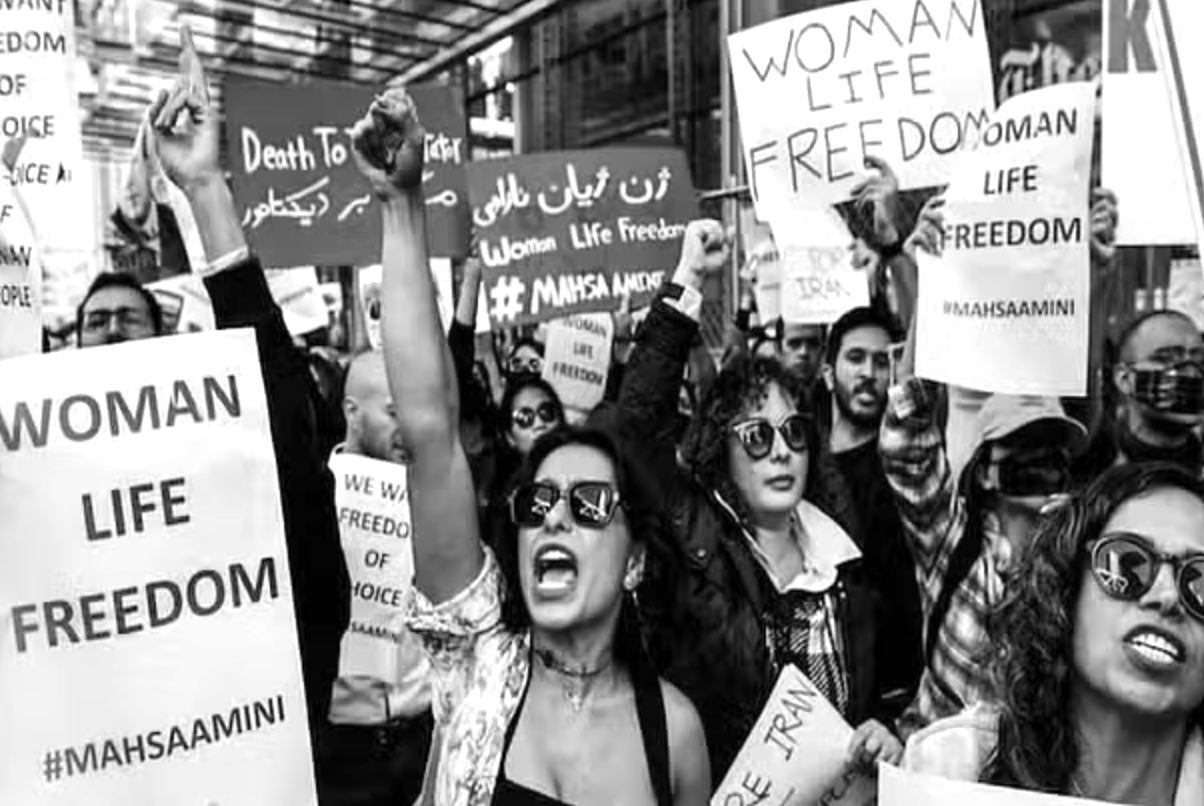Content:

Iran’s AI Assault on Women
Council on Foreign Relations
12/07/2023
These clampdowns reportedly led to the arrests of more than twenty thousand people and the killing of more than five hundred young protesters. Iran’s morality police have frequently used facial recognition technology to enforce strict morality laws mandating women’s dress. Reports have found that more than one million women received text messages warning that their vehicles could be confiscated after they were captured on camera without their headscarves. Over the past year, the regime has sanctioned restaurants, shops, and even pharmacies who served women who did not wear a hijab.
Iran’s surveillance capabilities have already been boosted by exports of video recorders from China, which more than doubled in 2022 as the country’s protests erupted. The speed and scale with which new technology could expand gendered repression with greater ease and lower cost in Iran should raise mounting concern for women’s rights supporters worldwide. Reports suggest that 70 percent of Iranian women do not abide by the government’s strict hijab regulations. Iran’s Headquarters for the Promotion of Virtue and Prevention of Vice have claimed in policy documentation that their identification databases, on which their surveillance activities rely, primarily draw on images from national identification cards, a concern advocates have warned could lead to imprecise matches and wrongful persecution.
Iranian Lessons and the Spread of Smart Gender Repression
The explicit legalization and use of ubiquitous technological surveillance is not just a women’s rights issue. The repercussions for wider security in the country and Middle East region are significant. Given evidence on how women’s movements threaten authoritarian regimes, tech-facilitated repression should raise wider concerns about the potential for any country’s democratization. As governments increase their procurement and use of sophisticated surveillance tools, existing draconian laws become much easier to enforce. While this is a concern in any country, it takes on particular salience in cases of severe, unequal gender practices across the Middle East. In countries with male guardianship laws that provide restrictions on women’s mobility without male approval, including Iran, Qatar, Saudi Arabia, and Yemen, facial recognition technology makes it faster, easier, and cheaper to identify and impose penalties on women who seek to move freely.